In the ever-evolving landscape of cybersecurity, one tool stands out as indispensable: Linux. And for those aspiring to delve into the realms of ethical hacking and penetration testing, mastering Linux is not just advantageous; it's essential. Enter "Linux Basics for Hackers" by OccupyTheWeb – a comprehensive guide tailored for beginners, unveiling the fundamental principles of Linux within the context of cybersecurity.
At the heart of this book lies a simple yet profound premise: understanding Linux is paramount for anyone navigating the intricate pathways of ethical hacking. OccupyTheWeb, a pseudonymous figure deeply entrenched in the cybersecurity community, crafts a meticulous roadmap for enthusiasts, demystifying the complexities of Linux and its applications in security testing.
The journey begins with a meticulous exploration of the Linux command line – the quintessential tool in any hacker's arsenal. Through concise yet insightful explanations, readers are acquainted with essential commands, file manipulation techniques, and system navigation strategies. This foundational knowledge serves as the cornerstone upon which subsequent chapters build, fostering a solid understanding of Linux's inner workings.
Networking, a pillar of cybersecurity, receives ample attention as OccupyTheWeb delves into the intricacies of Linux-based network configuration and management. From understanding IP addressing to navigating firewalls, readers are equipped with the expertise needed to navigate the labyrinth of network security measures.
Scripting, another indispensable skill, is thoroughly elucidated, empowering readers to automate tasks and streamline processes with Bash scripting. Through practical examples and hands-on exercises, the book instills confidence in readers to harness the power of scripting for efficient and effective security operations.
What sets "Linux Basics for Hackers" apart is its unwavering focus on practicality. Each concept is accompanied by real-world examples and scenarios, enabling readers to translate theoretical knowledge into tangible skills. Whether it's conducting vulnerability assessments, performing reconnaissance, or executing penetration tests, the book seamlessly integrates Linux fundamentals into the fabric of ethical hacking practices.
Moreover, OccupyTheWeb's lucid writing style makes complex concepts accessible to novices without compromising on depth or detail. Concepts are presented in a logical progression, ensuring a smooth learning curve for readers irrespective of their prior experience with Linux or cybersecurity.
In an era where cybersecurity threats loom large, "Linux Basics for Hackers" serves as a beacon of empowerment for aspiring ethical hackers. It transcends the realm of traditional tutorials, offering a holistic understanding of Linux and its indispensable role in safeguarding digital assets. Whether you're a cybersecurity enthusiast, a budding ethical hacker, or an IT professional looking to bolster your skill set, this book is a must-have addition to your library.
In conclusion, "Linux Basics for Hackers" is not just a book; it's a manifesto for the next generation of cybersecurity practitioners. OccupyTheWeb's expertise shines through every page, guiding readers on a transformative journey from novice to proficient Linux users with a keen eye for security. So, if you're ready to embark on a voyage of discovery through the realm of Linux and ethical hacking, this book is your compass – pointing you towards knowledge, proficiency, and ultimately, mastery.
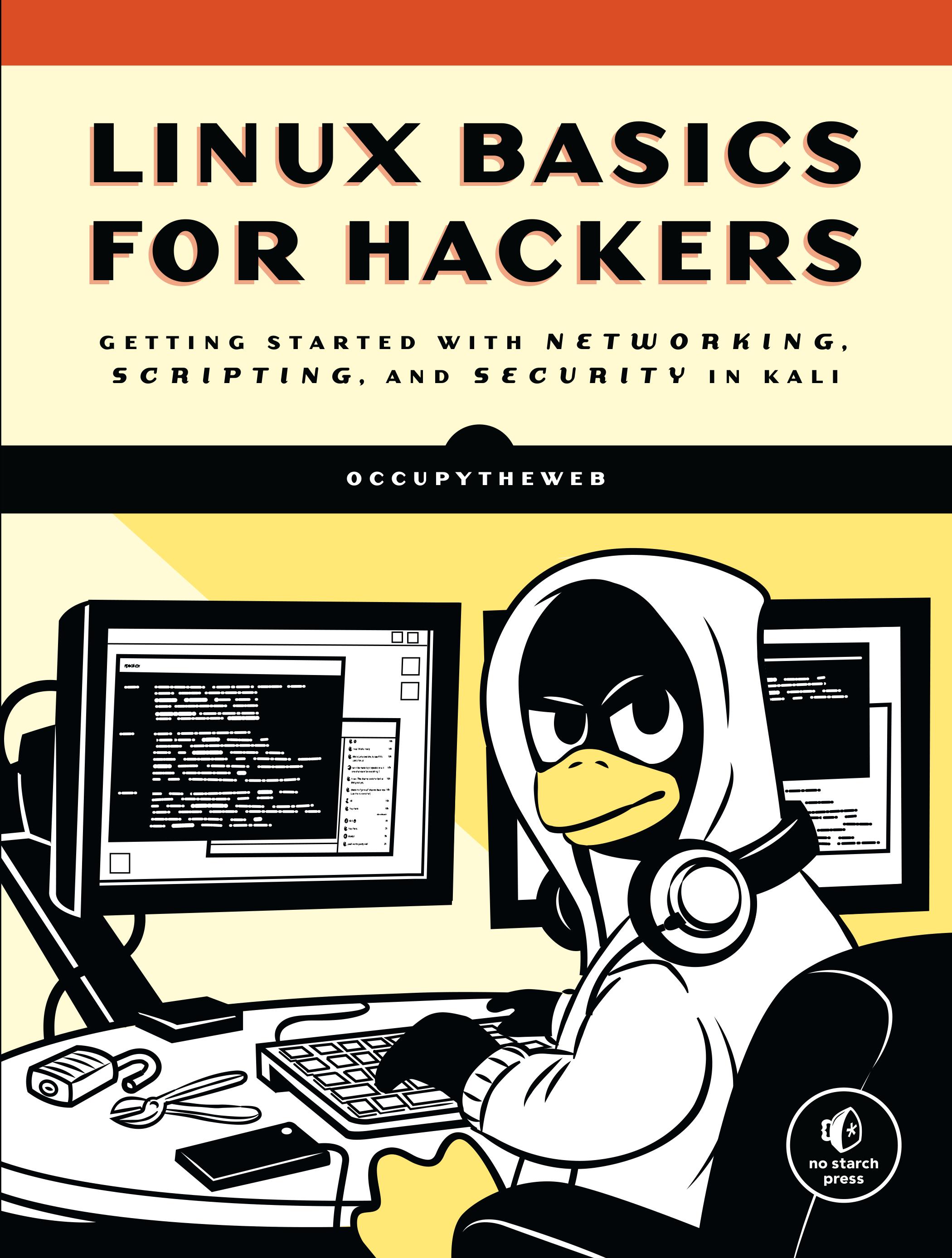
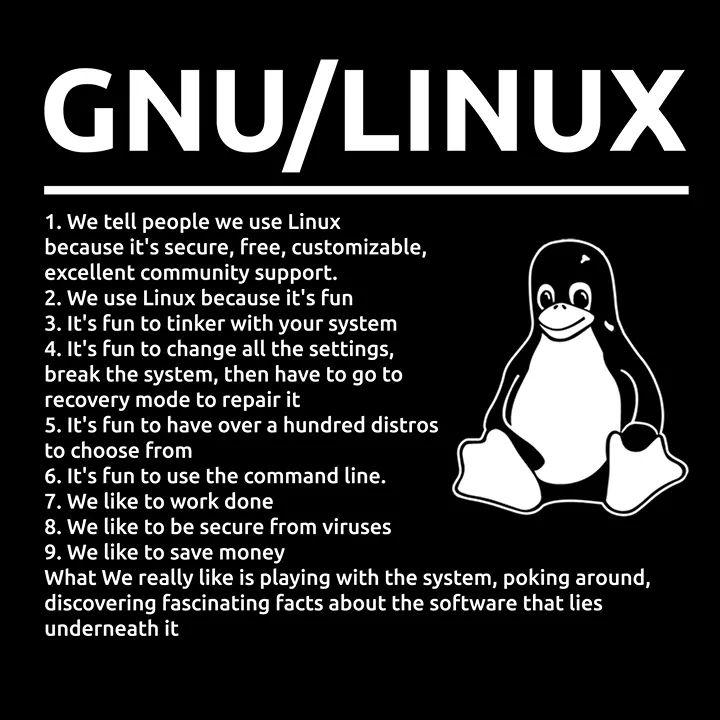

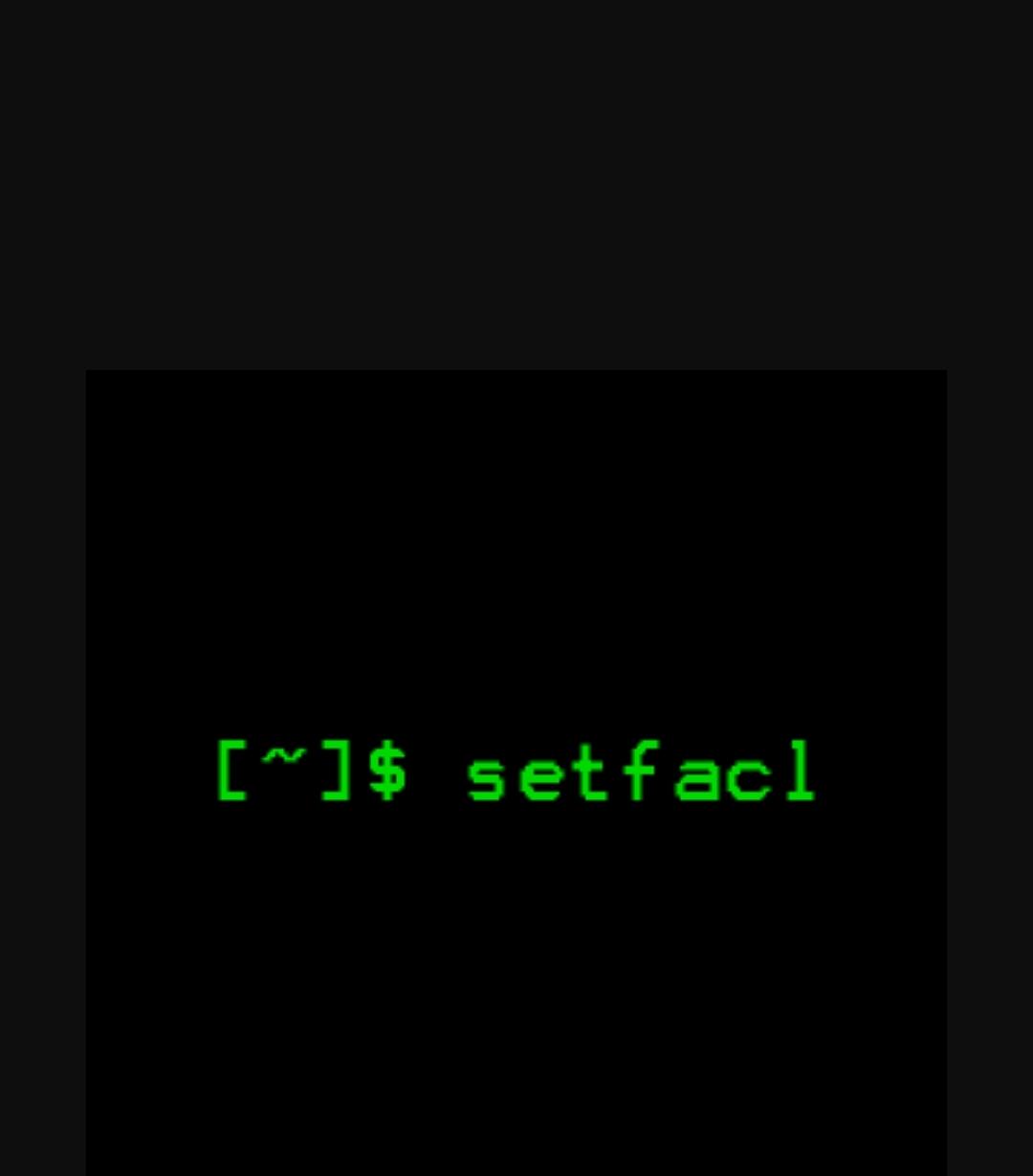



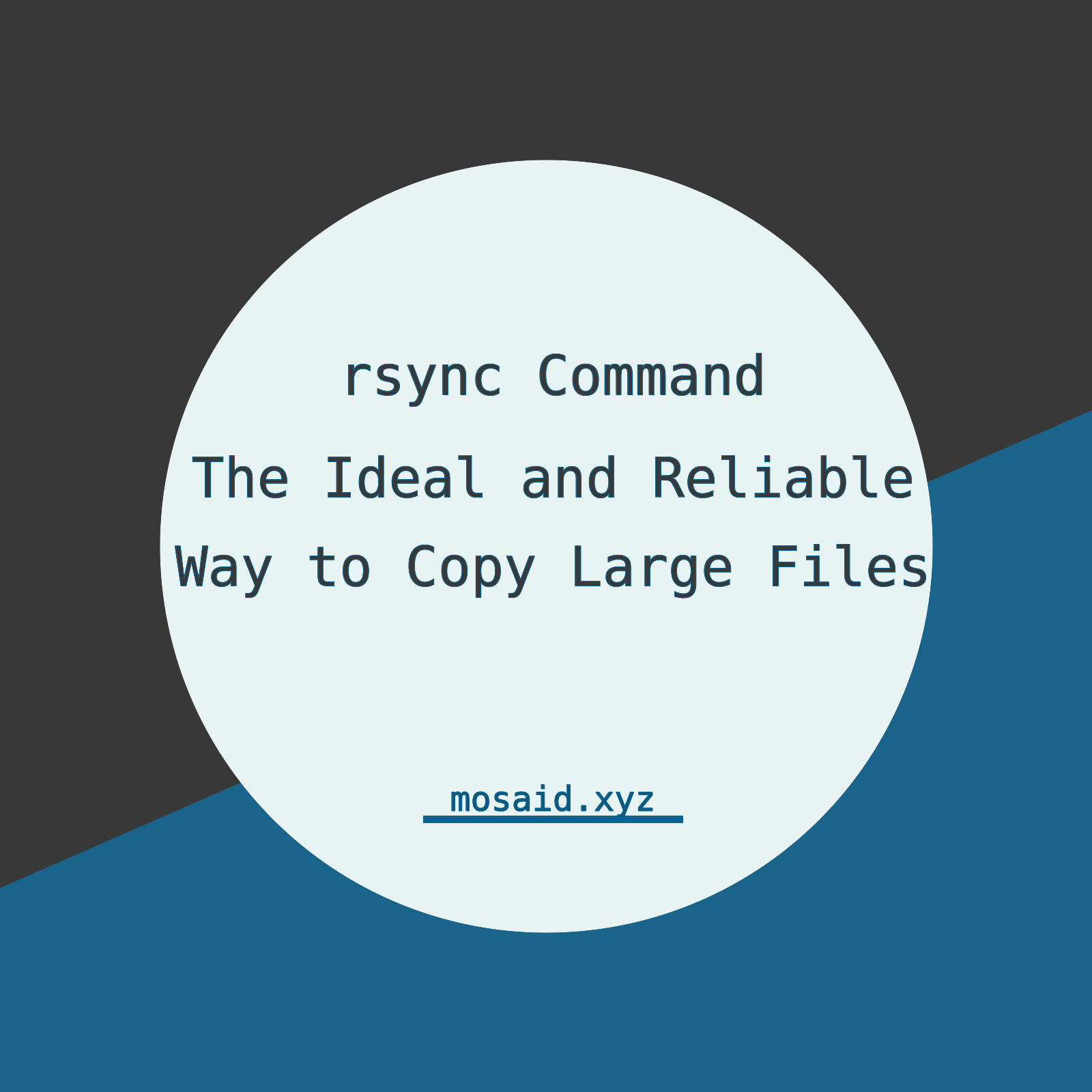
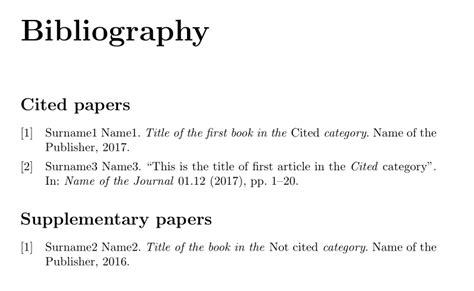
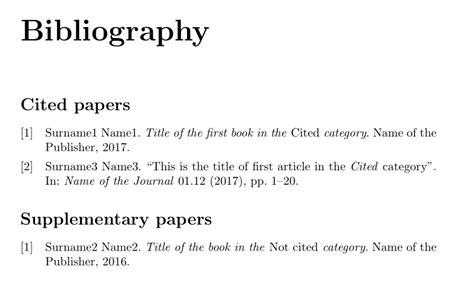


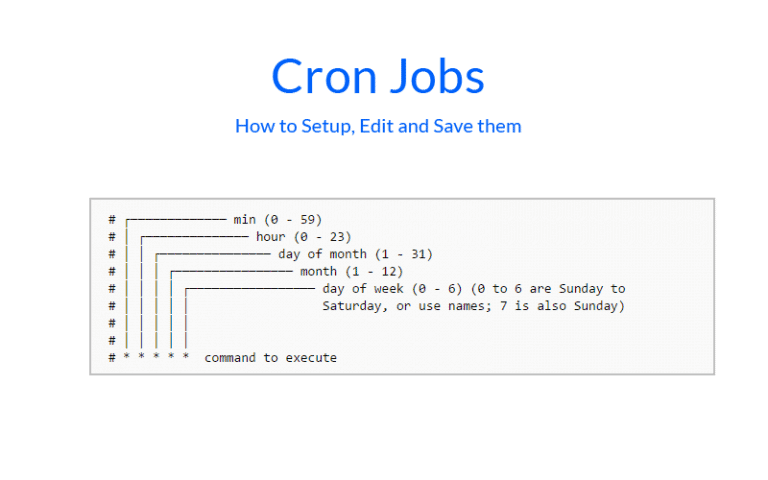








0 Comments, latest
No comments.